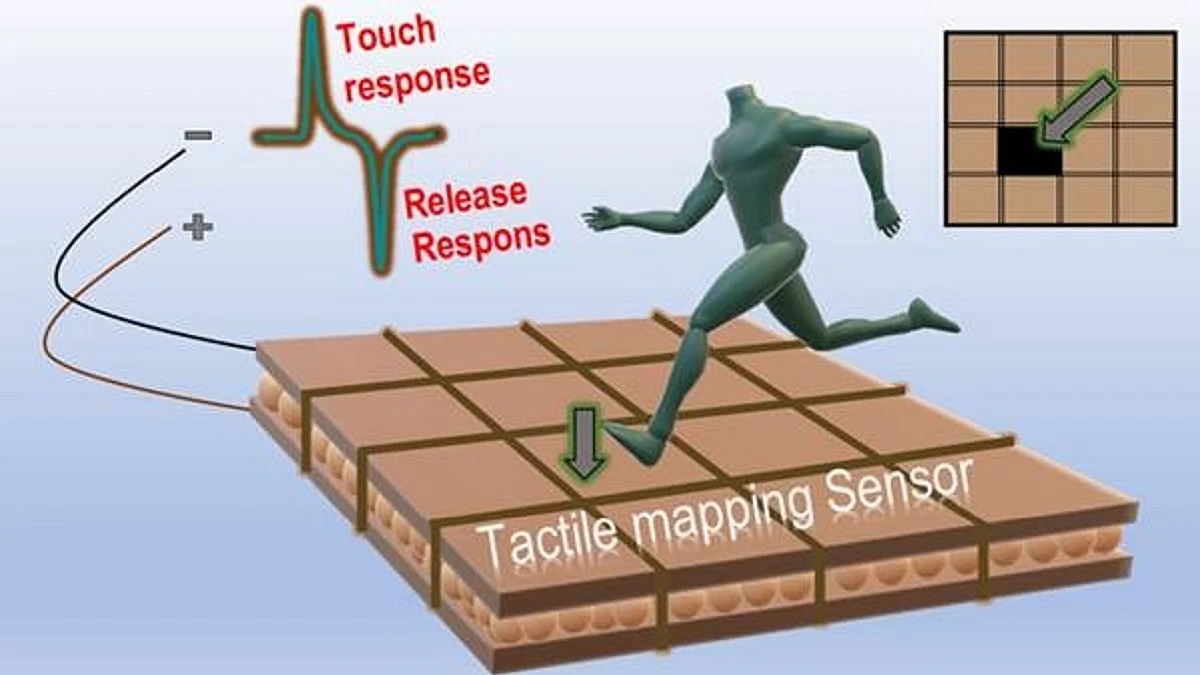Special electro-active nanoparticles developed for potential use in sensors
Indian scientists have proposed an efficient way to induce piezoelectric delta phase in polymer nanoparticles, making it useful for applications in touch sensors, acoustic sensor, etc

Indian scientists, for the first time, have proposed an efficient way to induce a property called piezoelectric delta phase in polymer nanoparticles, making it useful for applications in touch sensors, acoustic sensor, and piezoelectric nanogenerators.
The piezoelectric effect is the ability of certain materials to generate an electric charge in response to applied mechanical stress. The delta phase of such a piezoelectric effect, crucial for polymers, and called delta polymer (PVDF), is less studied so far due to processing difficulties. In available methodology, piezoelectric delta phase is induced in polyvinylidene fluoride (PVDF) film by application of very high electric field, that limits its commercialisation.
In the work carried out by a team from the Institute of Nano Science and Technology, Mohali, led by Dr Dipankar Mandal, a device with PVDF nanoparticles has been made which exhibits much superior piezoelectric response in comparison to the film counterpart. The team have shown that by a simple approach, the effect can be experimentally induced.
"Our intention was to fabricate nanofibres by a typical electrospinning process. Then, one day, we observed a powder-like deposition over the collector instead of fibre formation. We explored the deposited materials and surprisingly found the nanoparticles formations along with piezoelectric-phase. Thus, in the systematic study, we found out that the delta phase in PVDF could be induced at lower electric field by our methodology," Dr Mandal said.
The scientists have achieved the delta phase in PVDF nanoparticles at the lowest possible electric field till date - 10 cubic times lesser electric field than the conventional method. This makes the finding more convenient for application-based commercial technologies. This work has been published recently in the journal Applied Physical Letters, a release from the Ministry of Science & Technology said.
As a proof of concept, a piezoelectric nanogenerator was fabricated by the INST team to demonstrate the application of piezoelectric properties of these nanoparticles, and its practical applications as pressure mapping sensor, acoustic sensor, and energy harvesting studies were performed.
Follow us on: Facebook, Twitter, Google News, Instagram
Join our official telegram channel (@nationalherald) and stay updated with the latest headlines